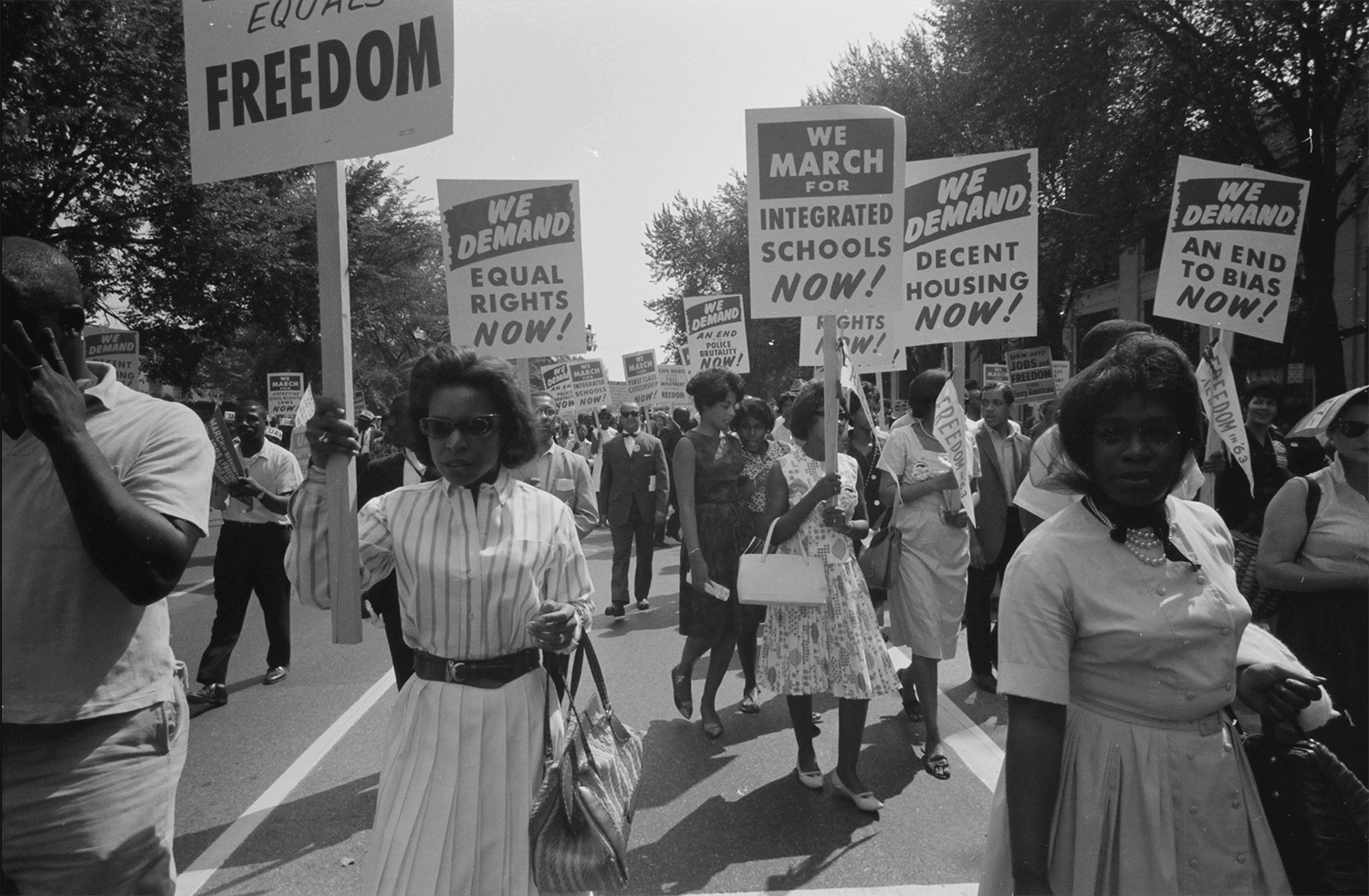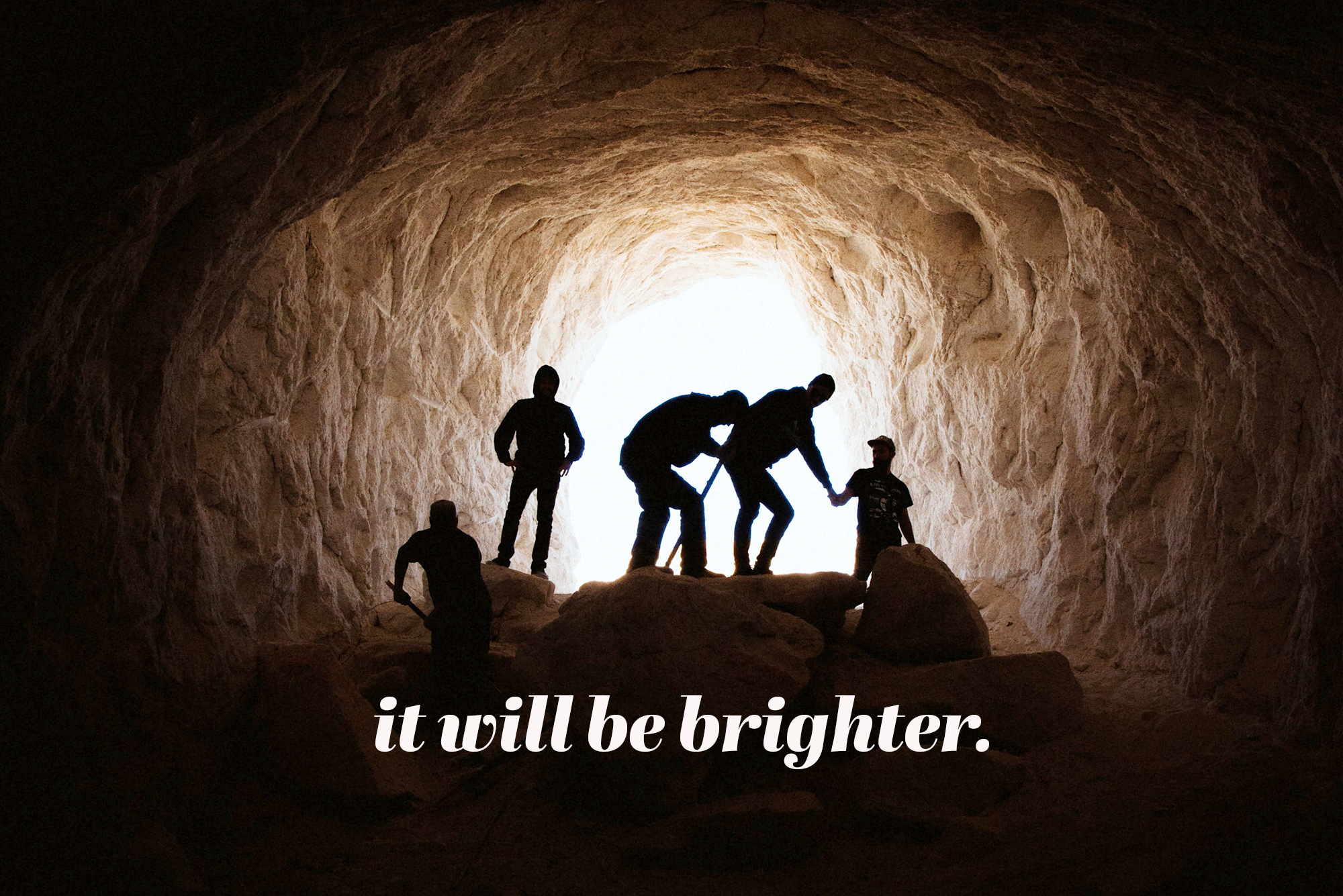|
|
Hennessy and the Fight for Civil Rights (Continued from part 1)
In 2010, Hennessy launched 300,000 Limited Edition Hennessy V.S bottles with the graphical elements of the original 1865 label of Trois Etoiles (Three Stars) Cognac, the name under which V.S was first known. A percentage of the proceeds from the sale of those bottles went toward the National Urban League in celebration of its 100th year anniversary.
The relationship between the famous cognac and the historic civil rights organization dedicated to economic empowerment and social justice for African Americans dates back to the early 20th century when then Hennessy’s president, William Jay Schiefflen, became a founding member of the group.
The connection between Hennessy and African Americans continued after African Americans soldiers returned from WWI and WWII in France, where they got a taste for the spirit.
Civil Rights Movement
But the relationship solidified in the 1950s and 1960s, at the height of the Civil Rights Movement, which sought equality and end to segregation and discrimination for African Americans and other people of color.
While many brands shied away from picking political and racial sides, Hennessy was one of the first spirits brands to invest, openly, in the African American community. None more particularly than in Ebony and JET magazines, where it used black models to sell its cognac instead of just rehashing ads used in other periodicals. Ebony eventually dubbed Hennessy the “unofficial official spirit of Black America.”
And in 1963, while Dr. Martin Luther King led the March on Washington and pronounced his famous “I Have a Dream” speech, Hennessy was already making that dream a reality by hiring 1942 bronze medal Olympian Herb Douglas as Vice President of Urban Market Development.
While some might not think that being a trailblazer in consumerism equates with social justice, Jason P. Chambers, PhD, a professor in the Department of Advertising at the University of Illinois, says that the Civil Rights Movement stemmed in great part from segregation and discrimination in this realm.
“If we really look at the Civil Rights Movement, a lot of the contestation was in consumer spaces, places where people spent money. This is no less important than voting rights, no less important than transportation rights,” Chamber notes in the 2015 documentary, An Unexpected History: The Story of Hennessy and African-Americans (released to commemorate the 250th anniversary of the cognac).
Civil Rights Today
Hennessy’s relationship with African Americans continues to be strong today, when the country is in the midst of protests brought on by the death of an unarmed George Floyd while Minneapolis police officer Derek Chauvin was filmed kneeling on his neck while three other officers stood watching nearby. Chauvin was charged with murder on Friday May 29. Floyd’s death was the last in a series of recent incidents where African Americans lost their lives in confrontations with white police officers or white people.
For many in the African American community, those episodes and the images of police officers firing rubber bullets at protesters, hitting them with batons, and cities militarized are reminiscent of the situation the country faced in the 1950s and 1960s, proof they say that things are slow to change.
The National Urban League said so in a letter sent to Minneapolis Mayor Jacob Frey and Police Chief Medaria Arradondo on May 28 along with other leading African-American organizations.
“These types of events deepen distrust in law enforcement, reopen old wounds, and inflict new ones…They remind us of violence against activists during the civil rights movement, of the enforcement of segregation and Jim Crow laws during the 19th and 20th centuries, and of fugitive slave laws in centuries past.”
The letter urges authorities to refrain from using military equipment for crowd control, encourages the use of de-escalation and clear limits on use of force.
Help Amid the Epidemic
Just as peaceful resistance and protests, small business and entrepreneurship were pillars of the Civil Rights Movement. As Matt Kelly of the Florida State University’s DeVoe L. Moore Center writes, “entrepreneurship is still a source of empowerment for minorities, and social entrepreneurs recognize that markets are needed for communities to flourish.”
And Hennessy has also pledged to support African American business as they face the economic ravages of the coronavirus pandemic. Starting in June, the company will launch a $3 million small business recovery effort “Unfinished Business.” The initiative will provide funds to One Hundred Black Men, among other minority organizations, so they can distribute them directly at the community level.
“Unfinished Business is an extension of our legacy supporting multicultural consumers and underscores our ‘Never stop. Never settle.’ ethos,” said Giles Woodyer, Senior Vice President, Hennessy US in a press release announcing the program. “We want to do all that we can to help the small businesses survive the current crisis and pledge resources for the long term; as long as they have unfinished business to settle, so do we.”
Read also

December 31 • New year
Thank You & Happy New Year!
If next year proves lucky number 21, it will be because we are able to meet its fortunes or misfortunes with our best intentions intact, with the clarity to make the best choice whenever we have a choice.

November 28 • certification
Certification vs. Real-world Experience
A sommelier’s ultimate mission is for people to share your love and passion for wine. One sommelier’s nose and mouth are completely different from the next, so individual smell and taste will differ greatly from one expert to the next.

December 23 • christmas
Some last minute gift ideas for wine and spirit lovers
Some last minute gift ideas for wine and alcohol lovers
Any type of spirit is usually a good present for someone who enjoys a glass or two, and after the year we’ve had, we all deserve a drink.
If you’re still looking for a gift that will not only quench their palate, but also teach them something and even lead them to start a collection, we have some suggestions. They include games, unique whiskies and subscriptions services.



